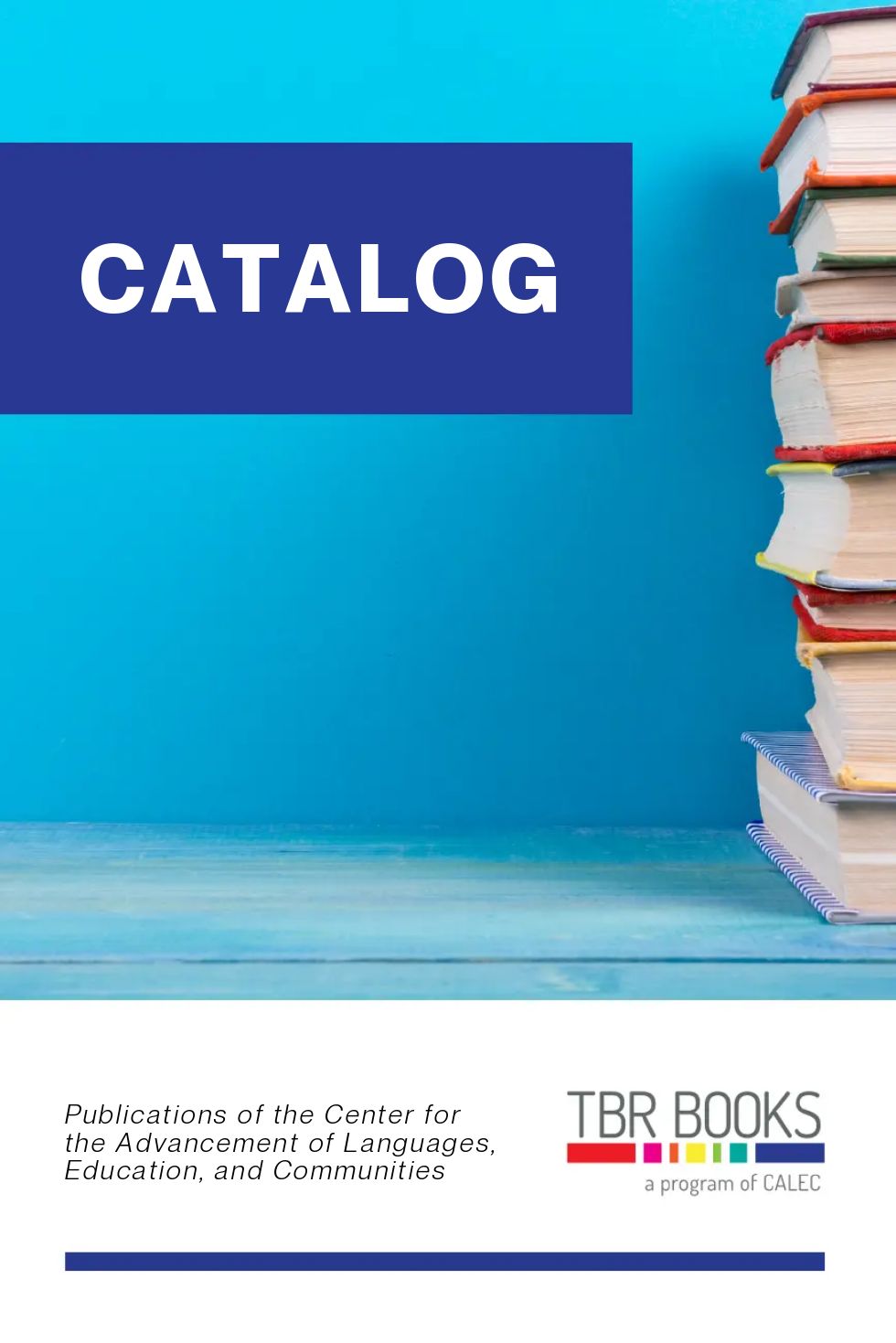Urgently seeking a dedicated educator for the vibrant New York French American Charter School, situated in the heart of Harlem. This unique PreK – 8 institution, with its rich tapestry of students and faculty from over 80 different countries and nationalities, is a nexus of multicultural education and global connection. The role demands collaboration with grade level teams, mentoring teaching assistants, intellectual preparation for each lesson, fostering strong relationships with students and families, data-driven instruction customization, and active engagement with colleagues. As part of the NYFACS team, you'll be integral in providing an immersive bilingual education, underpinned by lessons in cultural diversity, crafting our students into globally-aware citizens.
POSITION TITLE: Elementary School French Teacher
REPORTS TO: PRINCIPAL
NYFACS OVERVIEW:
The New York French American Charter School is a PreK – 8 school located in the heart of Harlem and the Francophone community. Comprised of parents, teachers and families from over 80 different countries and nationalities around the world, the school provides lessons in cultural diversity alongside a strong bi-lingual education in an immersive environment.
POSITION SUMMARY:
Teachers are responsible for collaborating with their grade level teams and mentoring any teaching assistants. All NYFACS teachers are responsible for intellectual preparation for each lesson, building strong and positive relationships with students and families, using data to tailor their instruction, and actively engaging in collaboration with their colleagues.
Teacher Responsibilities:
• Provides French instruction to students in Grades K-5. Subjects include French Language Arts, Science, Social Studies, & Math.
• Executes the mission of NYFACS including: high academic achievement; integration of the core learning disciplines; the application of critical thinking skills and ethical standards to learning; and living and problem solving through individual teaching and learning practices
• Believes that every child can and will achieve high academic standards, and provides consistent support to our students no matter how challenging the individual situation may be. Consistently reflects on self, as well as instructional practices, to achieve these academic goals
• Plans student learning and individual achievements based on long and short-term goals, and program objectives
• Selects and uses effective instructional methods and learning materials
• Establishes a cooperative relationship with all assigned students
• Manages the classroom in a positive manner and keeps students on task
• Attends, participates, and facilitates team meetings and professional development opportunities, as well as common planning times
• Communicates and collaborates with peers, sharing student work, methodologies and strategies, as well as coordinating lesson topics with other teachers in order to create a coherent curricular design that achieves the overall purposes of the school program
• Prepares, administers and reviews all required student assessments
• Meets regular and predictable attendance requirements
• Performs other duties, as deemed appropriate, by the Principal
Minimum Qualifications:
Native French speaker or equivalent.
Bachelor’s Degree Required
Master’s Degree preferred.
Educational background in DELF preferred.
Prior work experience as a French teacher preferred.
Authorized to live and work in the US
Genuine enthusiasm for teaching and for the French language & fully vaccinated.
Dr. Bertrand Tchoumi , Principal
btchoumi@nyfacs.net
New York French-American Charter School
311 West 120th Street / 2116 7 th Avenue
New York, New York 10027
212-666-4134
Dr. Bertrand Tchoumi , Principal
 https://i1.wp.com/calec.org/wp-content/uploads/2021/08/CALEC-France.jpg?resize=300%2C238&ssl=1 300w" alt="" width="622" height="494" data-recalc-dims="1" />
https://i1.wp.com/calec.org/wp-content/uploads/2021/08/CALEC-France.jpg?resize=300%2C238&ssl=1 300w" alt="" width="622" height="494" data-recalc-dims="1" />

